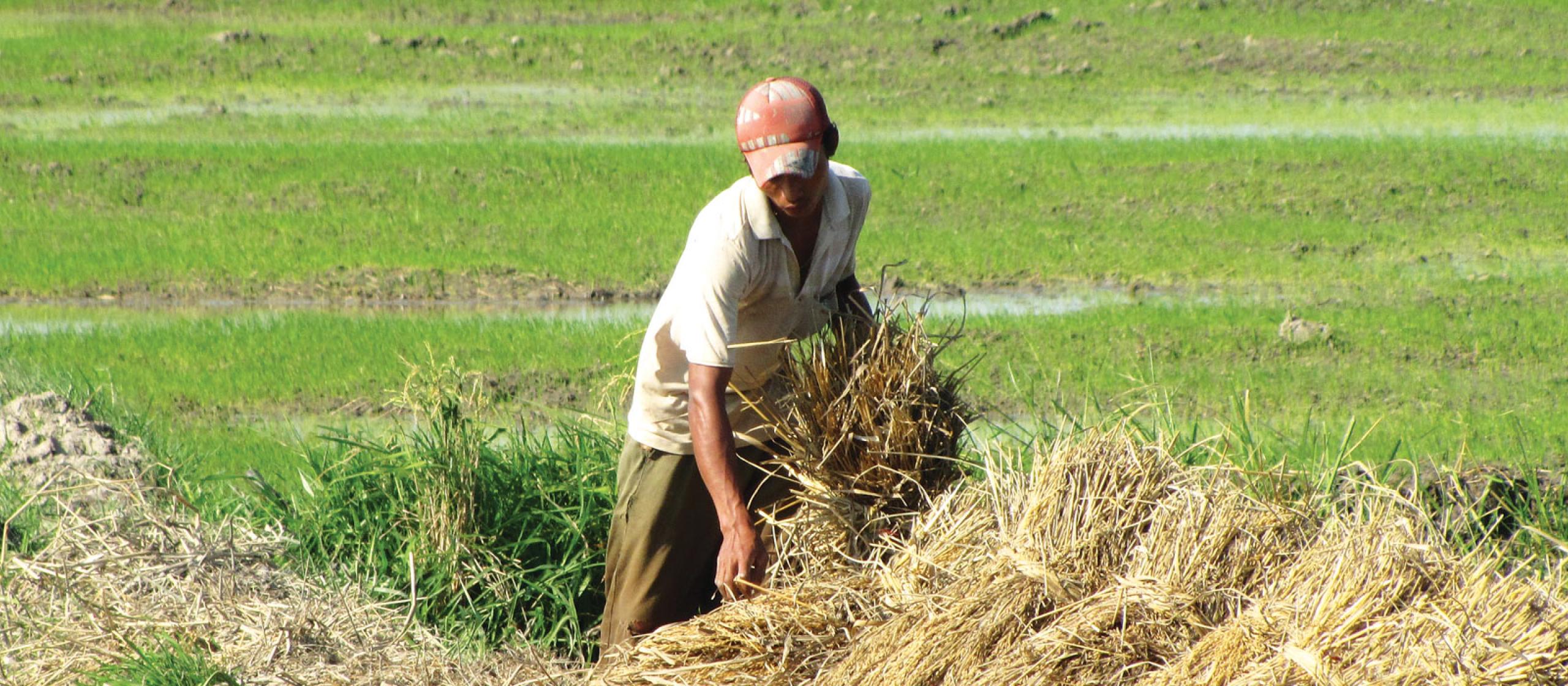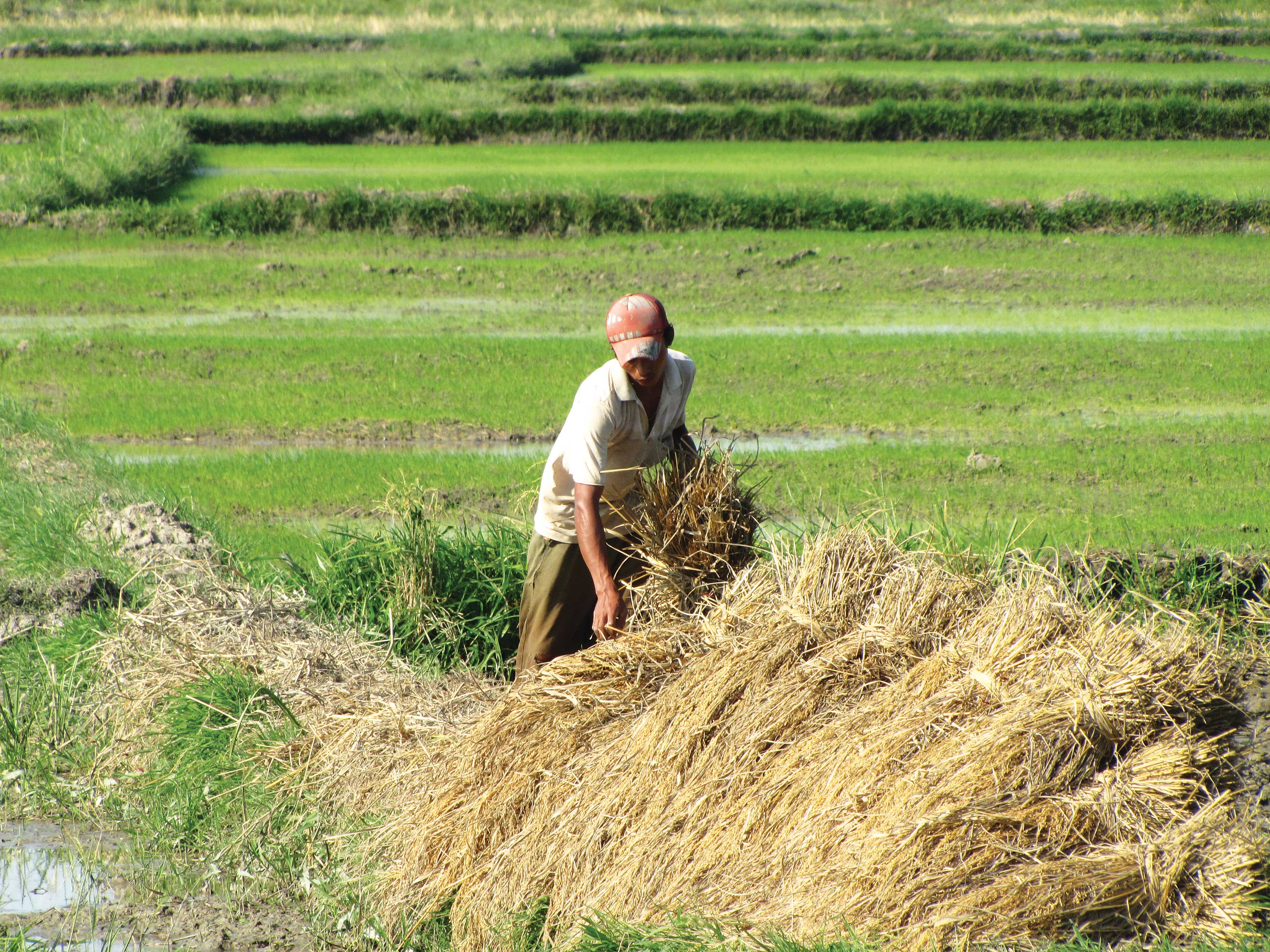Economic development, climate change and environmental sustainability are all key elements underpinning the Vietnam Government’s drive to develop its circular economy.
The Institute of Policy and Strategy for Agriculture and Rural Development (IPSARD) sits within the Vietnam Ministry of Agriculture and Rural Development and has a relatively independent think-tank role as an advocate for policy change. It is also a long-term partner with ACIAR on agricultural and forestry projects.
Over the past decade, these projects have focused on farmer responses to climate change, agricultural development and food security policy, and agricultural finance.
Recent projects on sustainable production systems for vegetables, coffee and black pepper incorporate circular economy principles.




